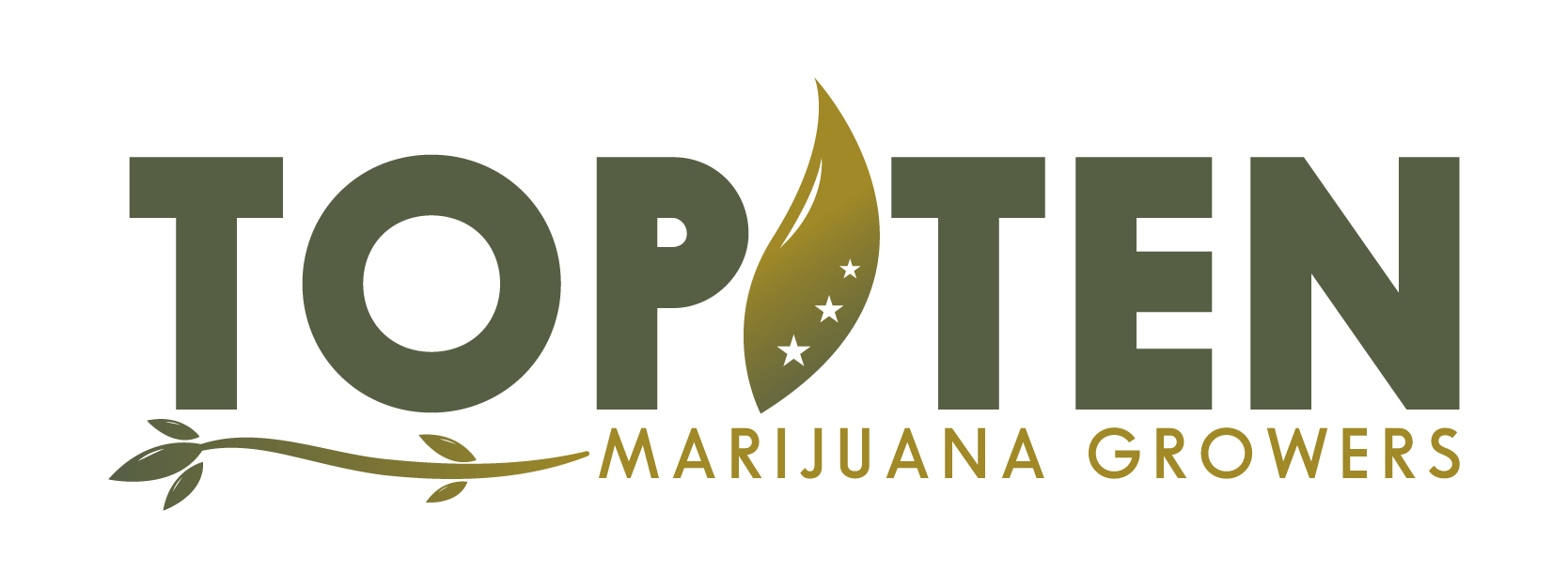The most advanced cannabis cultivators in the U.S. are increasingly forging technology partnerships designed to elevate yield, precision, sustainability, and cost‑efficiency across sprawling operations. From energy‑efficient lighting to AI‑enabled controls and integrated testing platforms, these collaborations define modern commercial cannabis.
Green Horizons + FOHSE (LED Lighting & Engineering)
In July 2025, California’s Green Horizons signed an exclusive five‑year master service agreement with FOHSE (Future of Horticultural Science + Engineering), appointing FOHSE as its sole lighting and technology provider for a million‑square‑foot cannabis campus in Coachella Valley. The rollout begins with Phase I (~101,800 sq ft), deploying advanced perimeter and under‑canopy lighting in Q3 2025. FOHSE’s LED systems are engineered specifically for cannabis, aiming to boost yield, reduce cost per pound, and enhance energy efficiency through finely tuned spectrum and photosynthetic control.
Boon Greenhouse Consultancy + AI Grow (Automation & AI Controls)
Boon Greenhouse Consultancy, advising large indoor and greenhouse operations, has partnered with AI Grow to deploy automation systems that regulate lighting, irrigation, nutrients, air flow, and humidity. These AI‑powered controls dynamically optimize environmental variables crop‑by‑crop and phase‑by‑phase—translating into higher uniformity, fewer manual errors, and improved margins.
Glass House / Glass Pharms + Managed IT / Fiber Network Providers
Glass House’s massive greenhouse complex (reported at over 2 million sq ft in Arizona and 500,000 sq ft in California’s Glass House Farms) relies on partnerships with IT integrators to implement enterprise‑grade greenhouse automation, fiber‑backbone networks, full Wi‑Fi coverage, and scalable security systems (CCTV, access control). These systems support telemetry, plant‑tracking, and digital maintenance protocols across tens of acres.
Hydrofarm (Scotts‑Miracle‑Gro) as Ancillary Infrastructure Provider
While not tied to a single grower, Hydrofarm—Scotts’ cannabis‑specific subsidiary—provides many of the lighting, nutrient, and environmental control products used across the top commercial cultivation sites in the U.S. Through in‑house brands like PHOTOBIO™ and Phantom, and partnerships for R&D (e.g., Flowr Corp.), Hydrofarm plays a central role in scale formations and standardized infrastructure used throughout large operations.
Steep Hill Labs (Genetics & Analytics)
Steep Hill, one of the most reputable cannabis testing and analytics firms in the U.S., partners with large cultivators to support in‑house phenotyping, strain tracking, and genetics validation. Their QuantaCann potency analyzers (instant onsite chemical analysis) and GenKit strain fingerprinting tools help growers maintain cultivar consistency and regulatory compliance at scale.
Würk + C15 Solutions / Poseidon Investment (Workforce, Compliance & Finance)
Würk, a cannabis‑focused human capital management platform, has forged partnerships in 2025 with C15 Solutions and Poseidon Investment to deliver integrated tools for labor scheduling, payroll (with built‑in support for cannabis‑specific tax code 280E), regulatory reporting, and financial compliance across multiple cultivator clients. These platforms help large operations manage workforce scalability while optimizing compliance and cost control.
Why These Partnerships Matter
- Precision Yield Control: AI Grow and FOHSE’s lighting systems deliver tightly calibrated input schedules and spectral control tuned to various growth stages and phenotypes, maximizing bud production per square foot.
- Scalability & Infrastructure: Elite operations like Glass House depend on robust IT, fiber networks, and automation to manage remote zones, monitor environmental sensors, and maintain secure facility access at massive scale.
- Data & Genetics Assurance: Steep Hill’s genetics and potency tools ensure consistent output and reclaim control over breeding lines—critical as cultivators scale regional or multi‑site operations.
- Compliance & Workforce Efficiency: Würk’s system, integrated with financial and regulatory partners, helps multi‑state growers navigate complex labor laws and cannabis tax regimes without adding overhead.
- Energy Efficiency & Sustainability: FOHSE’s LED lighting, alongside AI-driven environmental control, helps reduce electricity consumption—a pressing concern given that indoor cannabis growing accounts for ~1% of U.S. power use. Transitioning to high‑efficiency lighting can shave emissions by over 10‑20% per facility.
Outlook & Trends
These partnerships represent a broader trend: cultivators moving beyond legacy infrastructure toward digital greenhouse management, IoT sensor networks, AI‑driven resource allocation, and sustainable operations. Research into IoT/ML greenhouse controllers (analogous to agricultural systems studies) suggests that energy consumption, water, and nutrient use can be optimized via algorithmic control loops. Although blockchain and digital‑twin platforms are mostly in research phase, forward‑thinking growers are exploring traceable supply‑chain models to support downstream compliance and data transparency.
In Summary
Leading cannabis cultivators in the U.S. are forging strategic relationships with technology innovators—from FOHSE and AI Grow to Steep Hill and Würk—to architect cultivation ecosystems that scale efficiently, deliver uniform high quality, enable genetic and regulatory integrity, and reduce environmental impact. These technology partnerships are no longer optional; they form the backbone of commercial success and resilience in an industry demanding precision agriculture and operational excellence.
